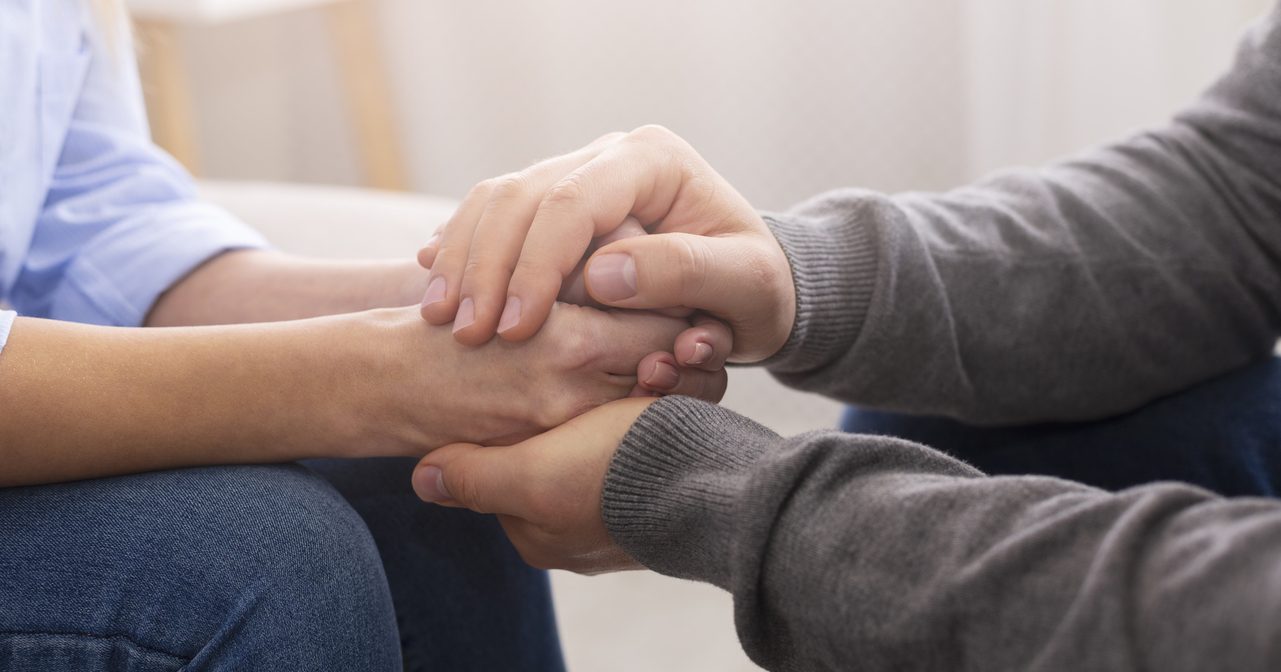 I am a retired GP with 30 years of experience as a partner in an eight partner practice. As a trainer, GPVTS Training Programme Director and undergraduate tutor I was involved with doctors at the beginning of their careers for many years. Working as an appraiser, led to hearing more about the challenges and various ways of working as a GP in my area. I also trained as a coach and am a RCGP mentor.
I am a retired GP with 30 years of experience as a partner in an eight partner practice. As a trainer, GPVTS Training Programme Director and undergraduate tutor I was involved with doctors at the beginning of their careers for many years. Working as an appraiser, led to hearing more about the challenges and various ways of working as a GP in my area. I also trained as a coach and am a RCGP mentor.
Working as a peer supporter has been a way of supporting colleagues facing the challenges of working in primary care in a post-Covid landscape. In my early days as a young GP partner trying to negotiate an acceptable partnership agreement whilst having three children I would have valued having a colleague with no links to my local network to listen and, when invited, offer practical suggestions. I am very clear that my role is not to take any clinical or therapeutic responsibility but to ensure that these avenues are being explored where needed.
For newly qualified GPs it can be hard to find posts to fit in with personal commitments and changing family circumstances. I have spoken with doctors who work as locums and for out of hours services who are trying to establish portfolio careers. They find looking at the balance of roles and amount of support available useful.
For doctors facing performance procedures life is very hard. There are feelings of shame in turning to local colleagues, while friends and family may not fully understand what the GP is going through. Maintaining a listening ear through the dark months while they accumulate the evidence asked for is only the beginning as they need further support rebuilding their career once the formal proceedings end.
These processes also tend to involve representation and support from various sources who deal with different aspects, with no one person supporting the GP throughout. One GP I helped hadn’t told their family or friends that they were being subject to an investigation, so had no one to talk to about it until they were put in contact with me. I’m not a replacement for lawyers or LMC advisors, but I was there to listen to how the GP felt after each hearing or new requirement that was imposed. I could also point them to sources of practical help, such as a practice where they could work under supervision.
My work also takes in GPs who are having difficulties in other ways.
I helped one GP who was returning to work after a break in practicing and was doubting their own skills and decision making. What they needed was someone to act as a sounding board to talk about how they felt after a session and build their confidence. It’s not my role to tell them whether their clinical decisions are right or wrong, but I could help them work through the sense that they were letting people down when they needed to get a colleague’s advice or call a patient back with some extra questions.
Another GP was early in their career and felt a sense of expectation that they needed to quickly establish a portfolio career across routine practice, education, their specialist interest and as a writer. I helped them to prioritise particular pieces of work in each area and think about what sort of balance they wanted. We also looked at whether these expectations actually matched to what they wanted from their career and whether they should have more focus on the things that make them happy outside work.
Sometimes my conversations are nothing to do with work and about not letting the stresses of work crowd out the people who are important in GPs’ personal lives. I’ve shared tips on how to have a good day out on a budget, what to feed teenagers with changing tastes and listened to plans to navigate a relationship break-up.
Being a GP who is struggling can be an isolating experience, many worry about admitting to colleagues that they are having difficulties and may not want to talk to GP friends who outwardly appear to be taking the challenges of the vocation in their stride. If you are a GP in this situation I encourage you to get in touch via the GP Professional Support Network (GPPSN) website, where you can be connected to someone who understands the challenges of working life as a GP and can help you navigate complex decisions and the stresses you face.
The GPPSN also has details of the services offered by Londonwide LMCs’ GP Support team who can help with a range of professional difficulties that GPs encounter or signpost to organisations who can where a problem is outside of their remit.

